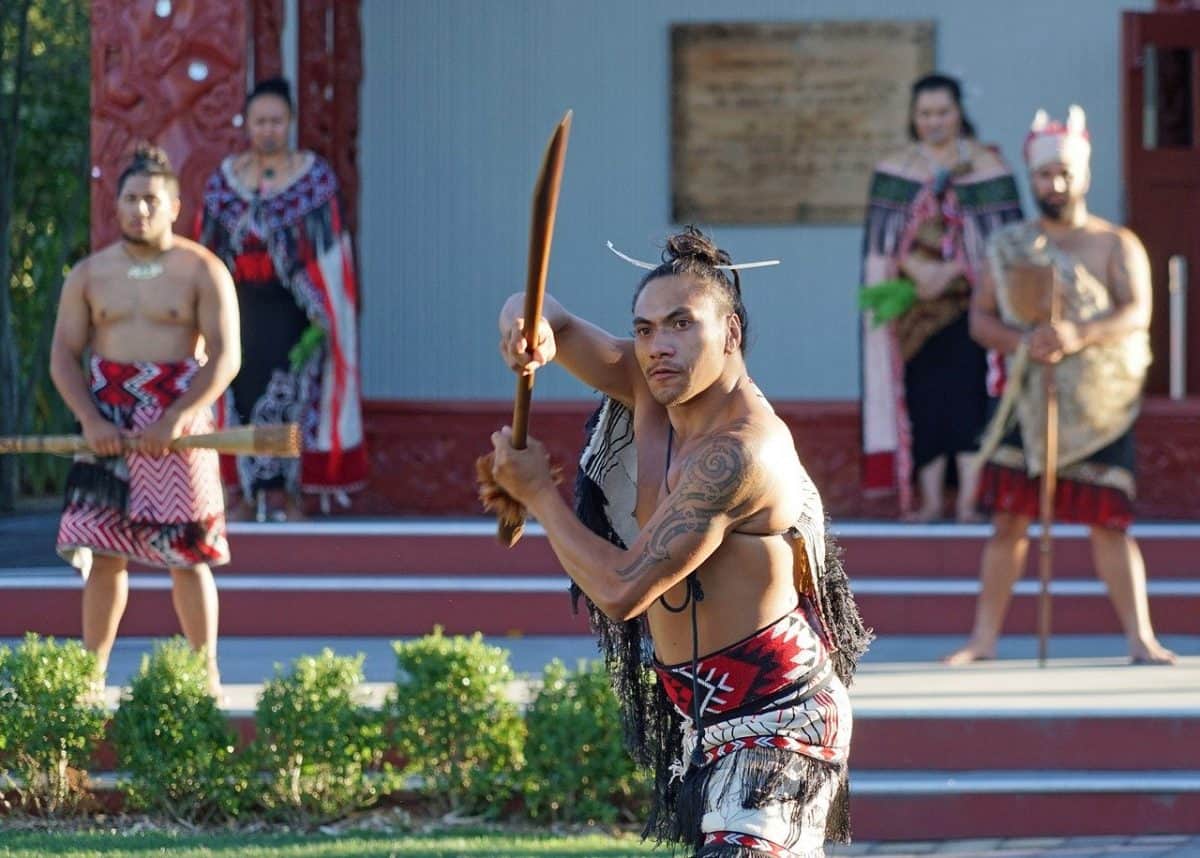An international research team has analysed the health records of more than 45,000 people with diabetes in New Zealand over approximately 25 years – exposing the full extent of the health disparities experienced by people of Māori and Pacific Islands heritage.
Professor David Simmons from the School of Medicine at Western Sydney University led the research, which also involved colleagues from First Affiliated Hospital of Zhengzhou University in China, and School of Medicine at Keele University in the United Kingdom.
Working with the Diabetes Foundation Aotearoa, the researchers tracked the health of the patients with Type 2 diabetes, aged 35-84 years, who were enrolled in the Diabetes Care Support Service (DCSS) program from 1994-2018.
The first study of its kind
Professor Simmons said Type 2 diabetes affects 250,000 people in New Zealand and this study is the first to compare health outcomes in Māori, Pasifika and European populations over this period of time.
“Health disparities between Indigenous New Zealanders and New Zealanders of Pasifika heritage are well known. However, until now we did not understand the full extent of the disparities in relation to Type 2 diabetes,” said Simmons.
“This study confirms that there is an engrained ethnic disparity in Type 2 diabetes outcomes – which is a major public health challenge in New Zealand.
“Despite the advancements in treatment for Type 2 diabetes, the poor health outcomes for Māori and Pasifika have endured for over a quarter of a century.”
Higher hospitalisation rate
The results, published on Friday in Lancet Global Health, indicate that patients of European background live the longest and have the lowest risk of co-morbidities such as heart disease, cancer and end-stage renal disease.
They also show that rates of hospitalisation for cardiovascular disease and end-stage renal disease are highest amongst Māori and Pasifika patients.
Similarly, Māori have the highest mortality rates, and the worst outcomes from cardiovascular disease, cancer and end-stage renal disease.
Professor Simmons said the issues facing Māori and Pasifika populations of New Zealand are exacerbated by inequities in access to modern medications.
Access to medicine a problem
“In New Zealand there is a real issue in relation to modern medicine access equity,” he said.
“Māori and Pasifika have the greatest need for modern effective treatments without the complications of weight gain and low blood glucose, and yet they experience significant barriers to accessing health treatments as if their risk was the same.
“Most of the modern medications for Type 2 diabetes that are commonly used in the developed world are just not accessible to Māori and Pasifika in New Zealand – which allows, at least in part, this serious health disparity to continue.”












